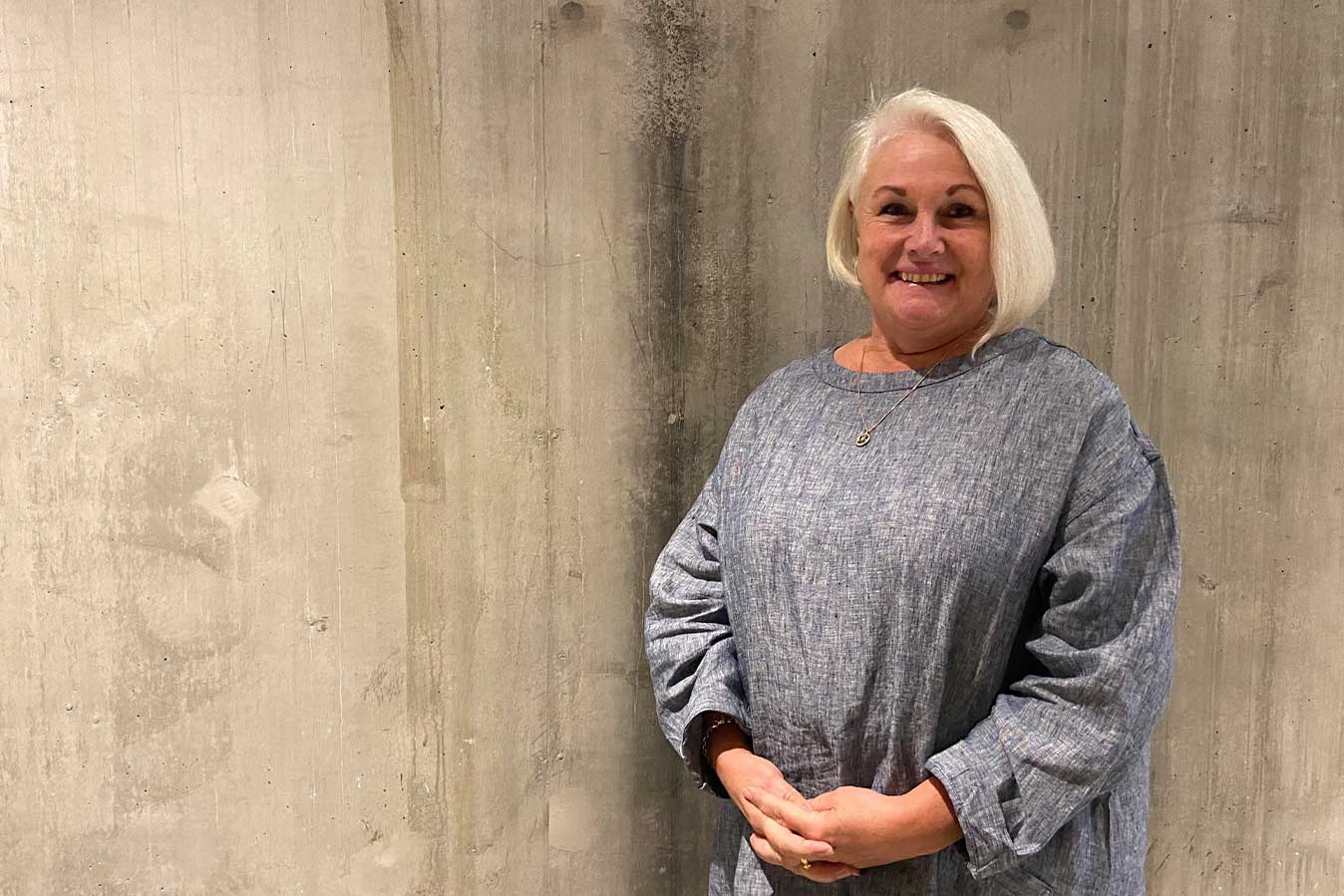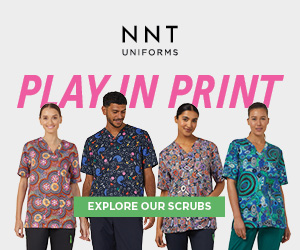Meredith Cummins has been a cancer nurse for nearly 40 years, with the speciality allowing her to take up a variety of roles in the public sector across major metropolitan and regional hospitals, and community oncology units.
In the private sector, she has been a key stakeholder in the development, commissioning and accreditation of four oncology facilities – one in regional NSW and three in the Sydney metropolitan area as the Director of Nursing.
Currently, she is the CEO of NeuroEndocrine Cancer Australia (NECA), and is also an active member, and on the Board of Directors, of the Cancer Nurses Society of Australia (CNSA).
She shares her journey with the ANMJ and how cancer nurses continue to make a difference.
What appealed to you about cancer nursing?
After I completed my general training, I commenced working in Palliative Care. After a while, I felt I wanted to work with cancer patients from their time of diagnosis.
Cancer nursing is such a special area as you are constantly learning about new treatments and management. The care we provide to our patients is in partnership and for me being able to make their cancer journey easier and more comfortable is so important.
We can’t always cure our patients, however, to enable them to have support and the best quality of life is so important.
What education did you need to work in this speciality?
I am hospital-trained and then went on to do my Grad Cert in Cancer Nursing. I also did my Grad Cert in Clinical Management, which was so beneficial for the management roles I did.
I have since gone on to do a Grad Dip in Business and also GCP training as the work at NECA involves clinical trials and studies. All the training/education I have done has enabled me to be diverse and skilled in many areas and opened many opportunities.
What does a typical day on the job look like?
My days are varied – I predominantly work from home. NECA is a national Not-for-Profit Organisation supporting patients, carers, and the community – general and Healthcare Professionals (HCPs).

My day can be:
- lobbying politicians for support and funding;
- working with Pharma for special projects;
- conducting education sessions for HCPs;
- conducting education for patients/carers;
- working with the Clinicians at the five Centres of Excellence around Australia;
- fundraising;
- support group meetings;
- developing resources for patients and HCPs to educate on the cancer and living with neuroendocrine cancer; and
- promoting awareness and education of neuroendocrine cancer.
What key skills and attributes do cancer nurses need to succeed?
The key skills are:
- Understanding – understanding the cancer, understanding the impact of the cancer on the patient and their family, and understanding the management of the cancer;
- Empathy;
- Diversity and lateral thinking;
- Can do attitude;
- Care of others, especially your team; and
- Communication skills.
What do you love most about the job?
I love my job because I can be there for our patients and assist them in so many ways. Neuroendocrine cancer is a cancer not many people know about or understand. By knowing about the cancer, the heterogeneity of the cancer and the impact it has on each person affected by it, is such a relief for the patients and a comfort.
Imparting knowledge to HCPs is also very rewarding as this has a flow on effect for our patients who then have their cancer managed by skilled HCPs and therefore have a better quality of life.
What is your most memorable patient interaction?
It’s hard to pinpoint a specific day or patient – I will always treasure the work I did when I worked at a regional based hospital day oncology clinic that had fly-in, fly-out doctors – we conducted the clinics with the doctors and administered the chemotherapy in the unit.
Part of my role was to then follow up the patients in their homes – one day I could be chatting standing in a vegie patch checking in with the patient after chemo, and then the next day providing antiemetics post chemo – one patient in particular I had to get her to change the side for her antiemetic injection as she had a butterfly tattoo, and I don’t inject butterflies. Just being able to be with them in their home, their comfort zone, getting to know them and being part of their life.
What career opportunities are available to cancer nurses?
The world is your oyster! Cancer Nursing can take you to many different areas, as it has for me – to experience working in regional areas is an eye-opener where resources are not plentiful, access to best care is not always possible and there are financial implications.
It also great to work in different sectors – public, private, Not-for-Profit and independent consultancy. I have been really fortunate to have had these experiences and I am passionate about encouraging all nurses to follow their dreams and also to think outside the square, as there are so many opportunities.
What advice would you give to a nursing student or early career nurse looking to work in this field?
Cancer nursing is a wonderful specialty of nursing. There are so many opportunities, you are always learning, and you are an important part of the multidisciplinary team. Get to know what diversity is out there for roles – there are so many – have confidence in yourself and your ability, bring your own unique skills to the team and support each other.
Keep learning and ask for help if you need it to decide what pathway you want to take. Lastly, make sure you enjoy your work – patients benefit so much more when they can feel the passion of the cancer nurse who is looking after them – it’s very special!








